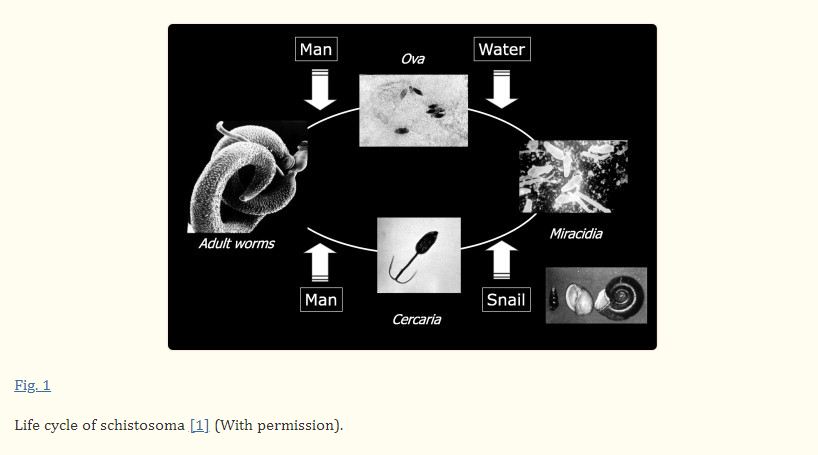It's a great pleasure to enjoy delicious food with family in winter. Do you like snails? The snails in the hot pot restaurant are mouth-watering delicacies. However, you need to pay attention to Oncomelania, which is the only intermediate host of the blood fluke that causes Schistosomiasis.
Schistosomiasis is a parasitic disease caused by worms of the genus Schistosoma. According to the World Health Organization, schistosomiasis transmission has been reported in 78 countries.
At present, the prevention and control tasks in certain areas in the middle and lower reaches of the Yangtze River are still arduous. In some areas, the incidence rate of Schistosomiasis has rebounded and expanded in recent years, and some new endemic areas have also been discovered.
Schistosomiasis can seriously harm a person's health. If it is not treated in time or is not treated thoroughly, blood flukes will continue to reproduce in the body and damage the liver and spleen, which may be life-threatening. The illness affects women's fertility and hinders children's health. Meanwhile, patients and sick animals may become sources of infection, causing the spread of the disease.

Source: Journal of Advanced Research, published online on Apr. 3, 2013.
How does Schistosomiasis spread?
1.Sources of infection include humans or other mammals infected with Schistosomiasis excreting worm eggs in their feces;
2. Eggs hatch into Cercariae in the water;
3. Cercariae invade the intermediate host – Oncomelanias;
4. Once humans and animals contact with the infected water, it only takes 10 seconds for the cercaria to burrow into the body through the skin and develop into adult worms.
How to avoid being infected with Schistosomiasis?
Three Don'ts
(1) Do not touch the water when playing by the river;
(2) Do not fish, swim, or play in the waters along the Yangtze River;
(3) Do not wade into the river where there are warning signs.
Three Do's
(1)If you do need to come into contact with the river, you must take protective measures, such as wearing gloves, rubber boots, and applying a protective ointment, etc.
(2)If residents come into contact with river water in about a month and develop symptoms such as fever, it's recommended to go to the hospital for schistosomiasis test and inform the doctor of the history of exposure to infected water.
(3)In schistosomiasis-endemic areas, people who have been exposed to infected water and have related symptoms should take praziquantel as soon as possible. This medicine is safe, effective, and has few side effects.
Author | Hannah
Editor | Olivia, Steven, Abby, James
Source | The Sixth Affiliated Hospital of Sun Yat-sen University
















